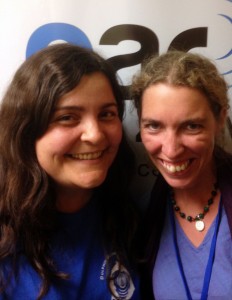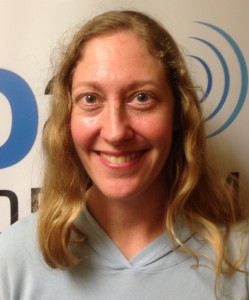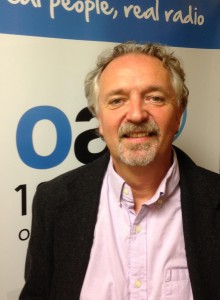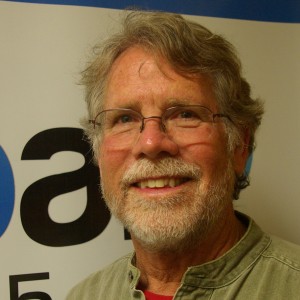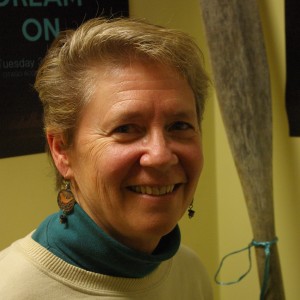Every little step, every little change that you make is huge.
 Dolphin Research Australia's Liz Hawkins and Isabella Keski-Franti [ 58:10 ] Play Now | Play in Popup | Download
Dolphin Research Australia's Liz Hawkins and Isabella Keski-Franti [ 58:10 ] Play Now | Play in Popup | DownloadIn the last of the Sustainable Lens #whaleofasummer series we are joined by Dolphin Research Australia‘s Dr Liz Hawkins and Isabella Keski-Franti. They talk about research, education and Indigenous Management Frameworks
As well as academic performance, students have to have character strength, they have to have a feeling of citizenship – they have to belong.
Students have to remember that they belong in the ecosystem.
Children are very curious, they want to know what is around them, it’s a matter of providing them with opportunities
One of our traditions is to give something back to our host, so how can we show gratitude and respect for nature and place?
(On kids fund raising to adopt a dolphin) It’s the interconnectedness of everything, that makes them understand the importance of saving an animal, that even though they don’t have a direct connection but they are doing something – this is empowering them in becoming a citizen – an active citizen in their community.
If you want to live in the dolphin’s world you would need to lose your eyes
Everybody can make the changes, everybody has a right to be different
There is a role for all of us – if you do what your character strength is
Making the change through connecting with children – helping them shift the status quo of our society.
To talk about an inter-generational future, we need to connect with our children and help them make connections with their ecosystem – this is activism. We need to be part of the ecosystems and working together.
We create our world, our reality, dependent on the changes we make.
(Isabela on challenges for the future) I find myself in a really good place. I am really doing what I love – what I feel connected with. I am an optimistic person. I live every day at a time. I have hope for the future, and I think my work with children helps a lot. And I’m working with people who are passionate about it. This helps a lot, and I’m blessed to be working with people that have great integrity, ethics and works as a team. So I can’t see challenge right now. Life is exciting.
(liz on challenges for the future). It’s always challenging keeping an NGO afloat – making science sexy to attract and attracting community support.
Every little step, every little change that you make is huge. So don’t feel overwhelmed by the news or what is happening around you. Focus on every little change that you make on a daily basis.
(Am I an activist?). I don’t like labels to be honest because I think they limit us. I like to think of myself as…everybody can make the changes, bit everybody has a right to be different. You don’t have to either be one thing or another. There is a place for everybody.
(I was very busy designing our dolphin education programme and someone asked me to a protest about oil seam coal mining)…I would like to be there, but I didn’t find it in me to be there because I was so excited about designing our programme, my insight was I didn’t have to be there – there is a place for everybody. We need the role of all of us – we do what our character strength is.
If I am making the change through connecting with children, helping them shift the status quo of our society – the focus inter-generationally speaking, for the families and our future – I see this as an activism. If others want to be more actively participating in manifests…I think that’s perfect we need all these ecosystems working together,
This is the last in the Sustainable Lens #whaleofasummer series recorded during the Biennial Conference of the Marine Mammals Society.
